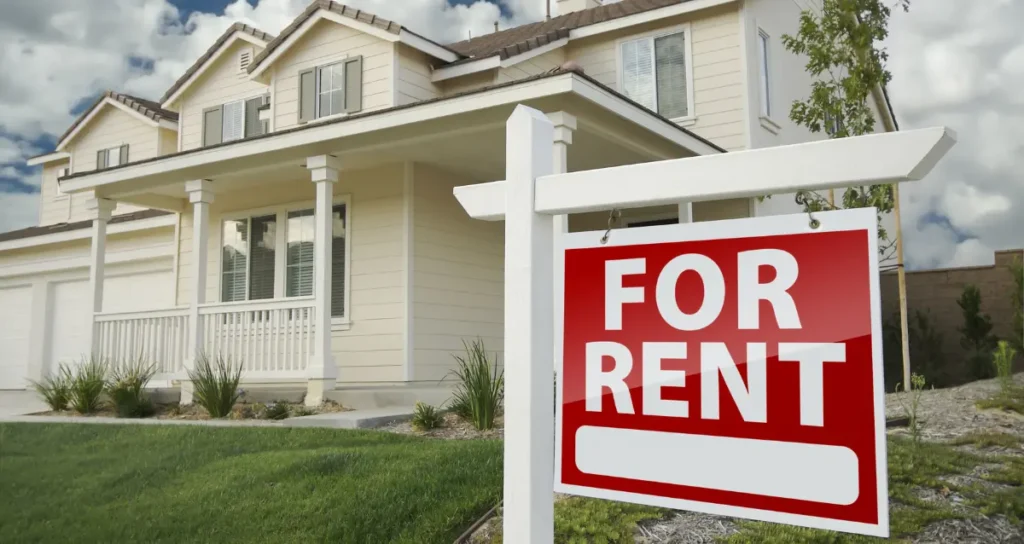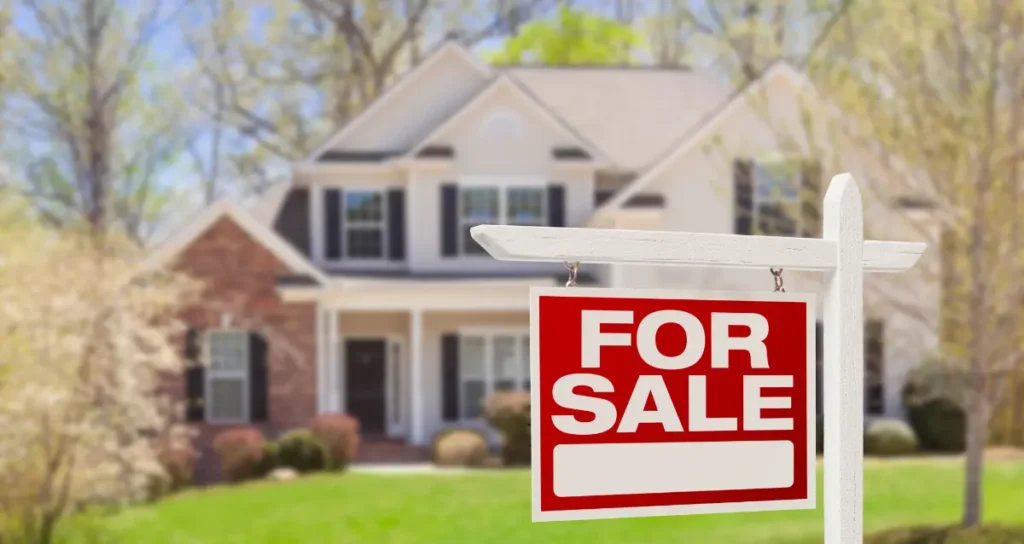To Rent or Sell a House: What Should You Do?
When it comes to a major decision like what to do with your house—whether to rent it out or sell it—things can feel pretty overwhelming. Both options have their advantages, but the right choice depends on your unique situation. Maybe you’re moving to a new city, upgrading to a larger home, or simply looking to make a financial move. So, should you rent it out or sell it? Let’s explore the factors that can help you answer this important question.
Assessing Your Financial Goals
Before deciding whether to rent out or sell your house, it’s essential to take a close look at your financial goals. What’s your immediate need? Do you require a large sum of money now, or are you looking to generate steady income over time? If selling the property will help you pay off debts or invest in new opportunities, selling might be the better choice.
On the other hand, renting can offer a long-term revenue stream, which could be a smart move if the rental market is strong in your area. Consulting with real estate agents in Savannah, GA can provide local market insights to guide your decision. Ultimately, your financial objectives should align with the option you choose.
Renting Out Your House: Pros
Steady Income Stream
Renting out your house provides a reliable source of monthly income, which can supplement your primary earnings or cover property-related expenses.
Potential for Property Appreciation
By holding onto the property, you may benefit from long-term appreciation, meaning the house could increase in value over time.
Mortgage and Expense Coverage
Rental income can help cover the mortgage, property taxes, and maintenance costs, reducing the financial burden of homeownership.
Flexibility to Sell Later
Renting allows you to retain ownership, giving you the option to sell the property when market conditions are more favorable.
Protection Against Inflation
You can raise rent prices over time, ensuring that your income keeps pace with rising living costs and inflation.

Renting Out Your House: Cons
Responsibility for Maintenance
As a landlord, you’re responsible for ongoing maintenance and repairs, which can be time-consuming and costly.
Dealing with Tenants
Managing tenants can be stressful, especially if they miss payments, cause damage, or create disputes.
Vacancy Risks
There’s always the risk of the property sitting vacant between tenants, leading to a loss of rental income.
Market Fluctuations
Rental prices and demand can fluctuate, potentially leaving you with less income than expected if the market slows down.
Legal and Regulatory Obligations
Renting comes with legal responsibilities, including complying with landlord-tenant laws, handling contracts, and staying updated on local regulations.
Selling Your House: Pros
Immediate Lump Sum of Cash
Selling your house provides a large sum of money upfront, which can be used for other investments or financial needs.
No Ongoing Responsibilities
Once sold, you no longer have to worry about maintenance, repairs, or managing tenants, freeing up time and energy.
Avoid Market Risks
By selling, you avoid the risks of future market downturns or property depreciation, securing your profits now.
Simplified Financial Situation
Selling eliminates property taxes, insurance, and mortgage payments, simplifying your financial commitments.
Freedom to Move On
Selling your house offers the flexibility to relocate or invest in new opportunities without being tied to a property.

Selling Your House: Cons
Loss of Future Appreciation
Once you sell, you no longer benefit from potential property value increases, missing out on future appreciation.
No Passive Income
Selling the house means you forgo the possibility of earning a steady rental income, which could have provided long-term financial security.
Transaction Costs
Selling a house involves significant costs like agent commissions, closing fees, and potential repairs, reducing your overall profit.
Permanent Decision
Once sold, you can’t easily regain ownership of the property, limiting your future flexibility if circumstances change.
Tax Implications
Depending on your situation, selling could lead to capital gains taxes, which can take a portion of your profits.
The State of the Housing Market
The state of the housing market plays a crucial role in deciding whether to rent out or sell your home. If it’s a seller’s market—where demand exceeds supply—homeowners can often sell at a premium, making selling an attractive option.
On the other hand, if the market is slow or prices are stagnant, renting out the property might be a smarter move to wait for better conditions. Additionally, interest rates on mortgages impact buyer demand; higher rates may slow sales, while lower rates encourage more buyers.
Keeping an eye on local market trends and consulting with professionals like real estate agents in Savannah, GA can help you make a well-informed decision. Understanding the current market conditions is key to maximizing your financial gain, whether renting or selling.
Your Future Plans and Location
Your future plans and where you’re headed next are critical factors in deciding whether to rent out or sell your home. If you’re relocating temporarily, renting out the property might make sense, as you’ll still have the option to return or sell later when the market improves.
However, if you’re moving permanently or far away, managing a rental from a distance can be challenging and costly. Additionally, consider the housing market in your new location. Will you need the funds from selling your current home to buy a new one? Finally, think about how your future career, family, or lifestyle changes may affect your housing needs—flexibility can be key in this decision.
Understanding Taxes and Deductions
Taxes and deductions play a major role in the financial outcomes of both renting out and selling your home. If you rent out your property, you may be eligible for various deductions, such as maintenance costs, property management fees, and even depreciation, which can reduce your taxable income.
However, you’ll still need to pay taxes on rental income, and the process can become more complicated if you’re not familiar with tax laws. On the other hand, selling your home could trigger capital gains taxes if the sale exceeds a certain threshold, depending on how long you’ve owned the property.
It’s essential to understand the tax implications of each option to avoid any surprises down the road. If you’re unsure how these factors apply to your situation, click here to find top real estate agents in Georgia who can guide you through the process and help optimize your financial strategy.
Conclusion
Deciding whether to rent or sell your house depends on your financial goals, market conditions, and future plans. Both options come with their own set of benefits and challenges, so it’s important to weigh them carefully. Consider factors like long-term income potential, property management responsibilities, and immediate financial needs before making your choice. Ultimately, the right decision is the one that aligns with your personal circumstances and future aspirations.







